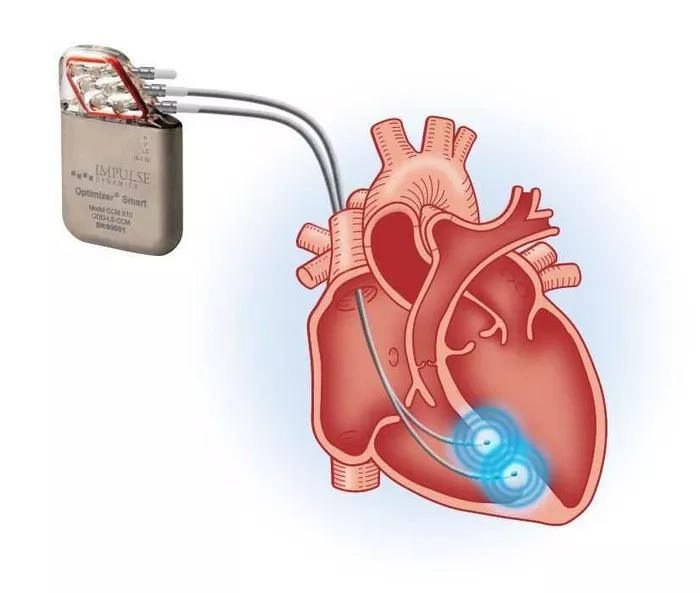One of the most common types of fainting is vasovagal syncope, which happens when your heart rate and blood pressure suddenly drop. Imagine this scenario: It’s a hot day, you’re feeling dehydrated, and you’ve been standing for a while. Suddenly, you start feeling sick, sweat breaks out, your face turns pale, you feel warm all over, and then you pass out. After a few moments lying down, blood flows back to your brain, and you wake up. However, you might still feel very tired afterward.
When your brain senses that your heart is beating too hard and your blood pressure is too high, it tells your body to relax. This can lead to fainting because your brain isn’t getting enough blood during this reaction from your nervous system.
It’s important to see a doctor after any fainting episode, even if you think it happened because you were tired, hot, dehydrated, or upset.
Dr. Contractor advises, “Sometimes a faint might seem like vasovagal, but further tests could show an underlying health issue. It’s best to have an expert diagnose and understand what’s going on.”
If you faint often like this, Dr. Contractor suggests working with your healthcare provider to make lifestyle changes such as drinking more water and wearing compression socks. In some cases, you might need a heart monitor to track your heart rate.
Depending on the results, you and your doctor can decide on the best treatment plan. For instance, medications that raise blood pressure could help prevent fainting spells. Dr. Contractor also mentions that some patients might benefit from a pacemaker, a small device placed in the chest to help regulate the heartbeat.
Dr. Contractor also highlights other fainting scenarios that are worrisome, like fainting without any warning signs during rest, such as while watching TV, or during physical activity, like playing sports.
These types of fainting could indicate a problem with your heart rhythm, known as arrhythmia. Arrhythmias happen when the electrical signals in your heart don’t work correctly, causing your heart to beat irregularly, too fast, or too slow.
According to the American Heart Association, arrhythmias are the main cause of sudden cardiac arrest, where the heart suddenly stops working along with breathing and consciousness.
When someone faints, it’s crucial to undergo a thorough medical examination to determine the underlying cause. Dr.
Contractor outlines the standard tests which include an electrocardiogram (ECG), heart ultrasound, and possibly a heart rhythm monitor or a coronary angiogram. Based on the imaging results, further steps might involve a cardiac MRI, or the installation of devices like an implantable cardioverter-defibrillator (ICD) to manage irregular heartbeats, or a pacemaker.
Dr. Contractor explains that certain cases of fainting may be due to dangerously slow heart rhythms that necessitate a pacemaker. Alternatively, the individual might be experiencing ventricular fibrillation—a severe condition where the lower chambers of the heart beat unusually fast, severely reducing blood flow to the brain.
This rapid heart rhythm is a leading cause of cardiac arrest and can result in irreversible brain damage or death if not treated promptly.
Dr. Contractor emphasizes the importance of not dismissing any fainting incidents. “Visiting a doctor after fainting is crucial to identify the cause,” he says. “You might discover there are no heart-related issues, but if a cardiac condition is detected, you can promptly take measures to protect yourself from serious complications in the future.”

